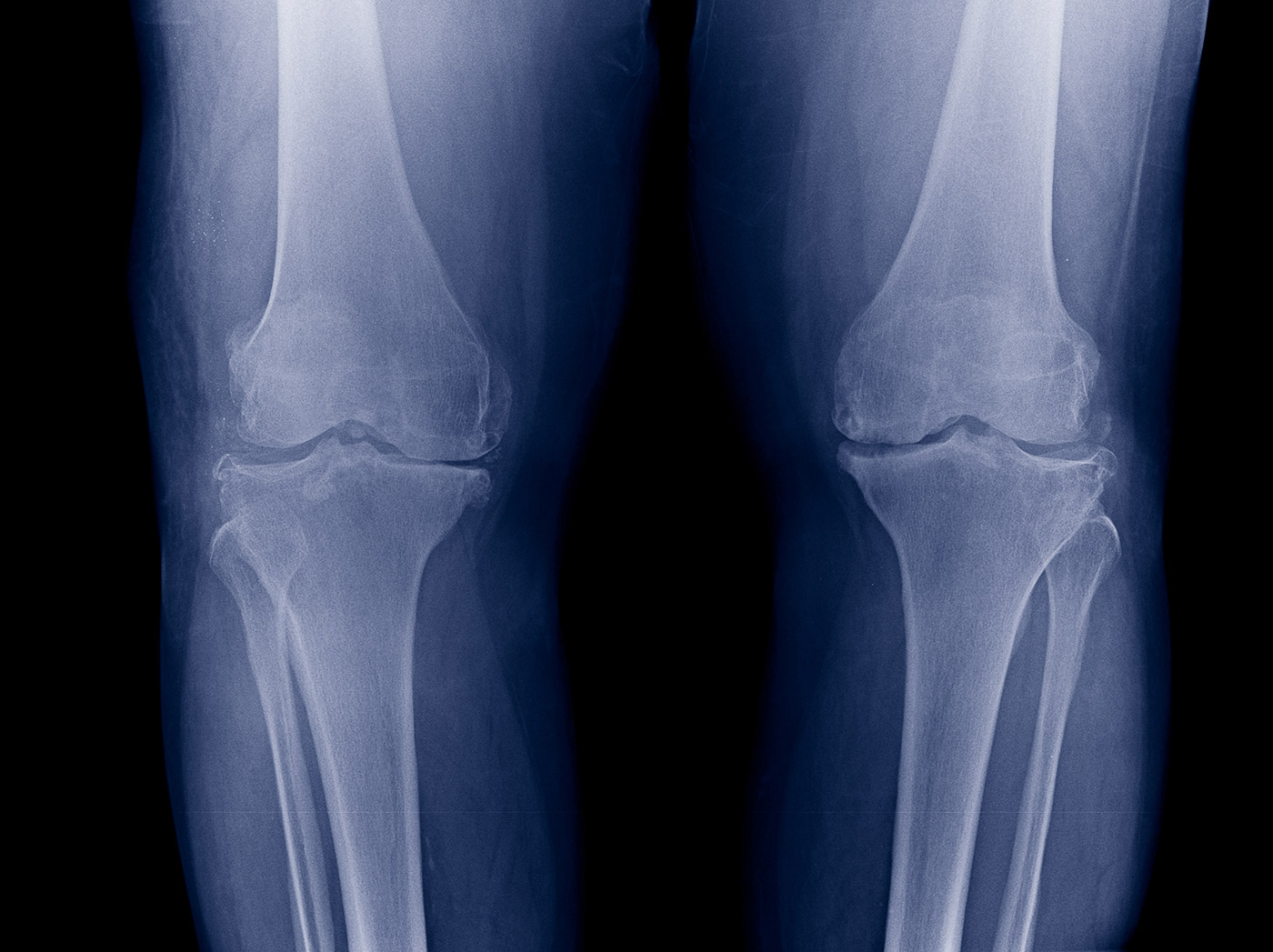
Hypophosphatemia is a condition in which you have very low phosphate in your blood. Phosphate is an electrolyte, a mineral that carries an electrical charge. Phosphate is necessary for healthy teeth and bones and helps facilitate nerve function and energy production in your body. Low phosphate can lead to bone fractures, fatigue and muscle weakness. In developing children, it can cause skeletal deformities. Severe hypophosphatemia is life-threatening and can result in irregular heart rhythm, difficulty breathing or respiratory failure, and rhabdomyolysis.
Hypophosphatemia Symptoms
Mild hypophosphatemia does not always produce noticeable symptoms. The symptoms of hypophosphatemia can include:
- Fatigue
- Muscle weakness
- Bone pain
- Irritability
- Weight loss
- Numbness
- Confusion
- Tooth decay
- Slowed growth in children
- Skeletal deformities in children
Severe hypophosphatemia can have symptoms such as:
- Delirium
- Seizures
- Irregular heart rhythm
- Difficulty breathing
- Respiratory failure
- Coma
Causes of Hypophosphatemia
Hypophosphatemia can occur is you do not get enough phosphate in your diet, if your body cannot absorb it properly, or if you excrete too much phosphate. Causes of hypophosphatemia can include:
- Severe malnutrition
- Chronic diarrhea
- Severe burns
- Alcoholism
- Diabetic ketoacidosis
- Fanconi syndrome, a rare kidney disorder
- Hyperparathyroidism
- Certain inherited conditions
- Certain medications and nutritional supplements
- Chemotherapy
Excessive or long-term use of some medications or nutritional supplements can also cause hypophosphatemia. Examples include:
- Antacids
- Diuretics
- Asthma medication
- Corticosteroids
- Hormones including insulin, glucagon, and androgens
- Bisphosphonates
- Osmitrol (mannitol)
- Zovirax (acyclovir)
- Tylenol (acetaminophen)
- Amino-acid based elemental baby formula
- Certain nutrients including amino acids, fructose, glucose, glycerol, and lactate
